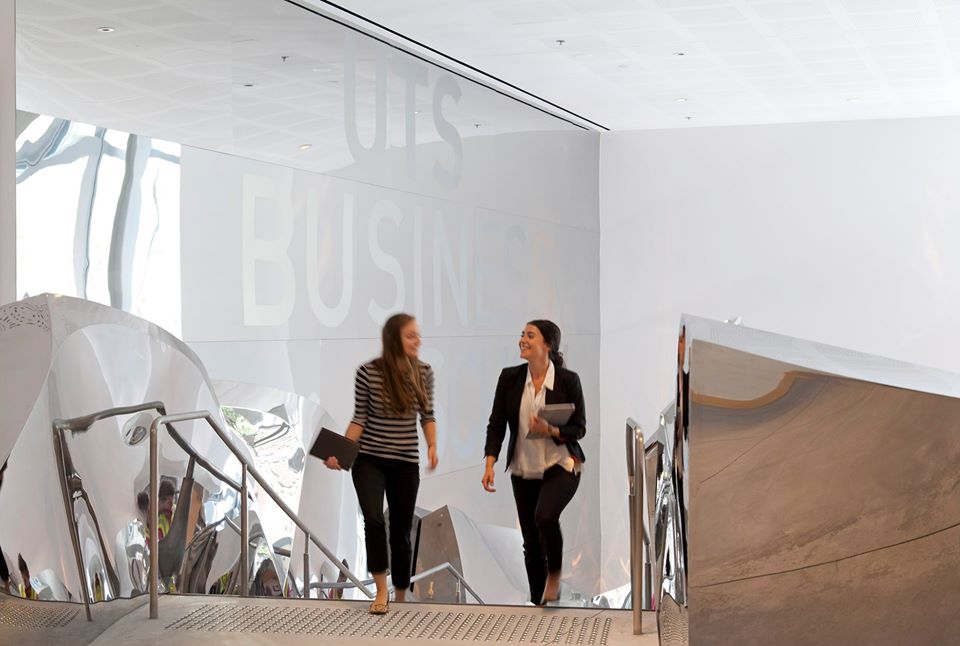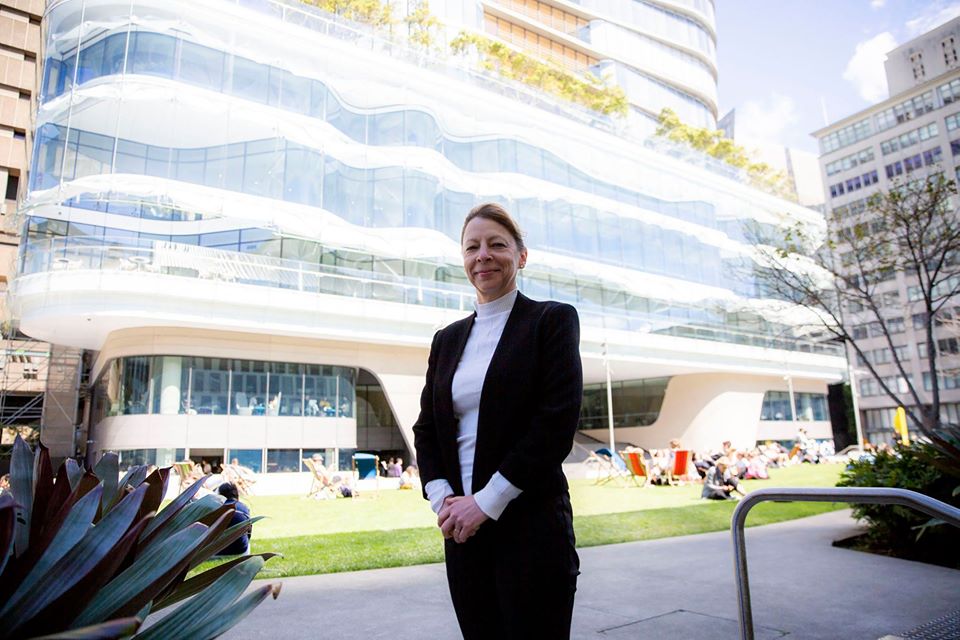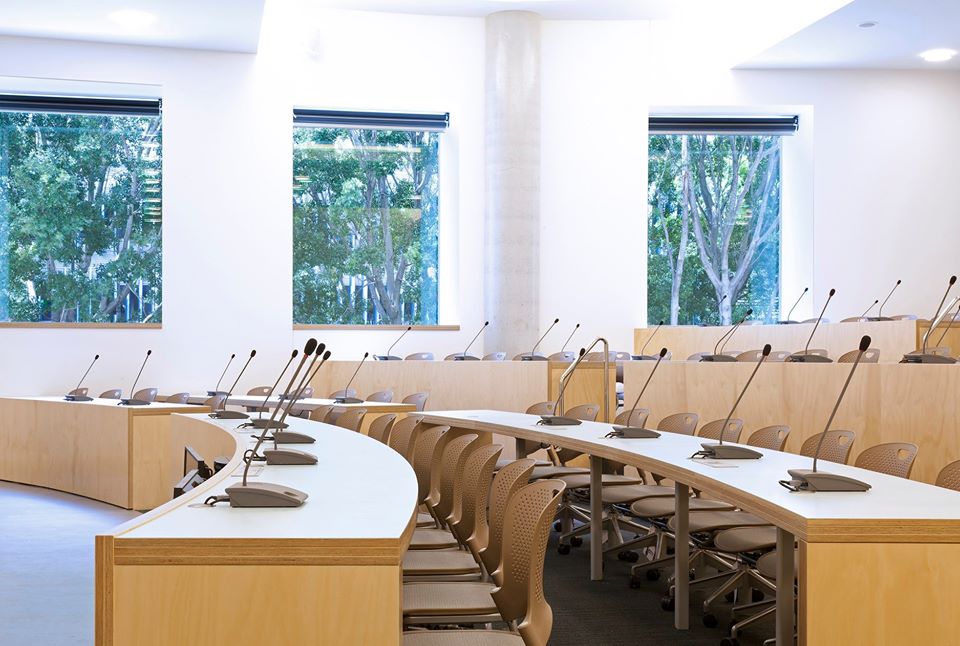The 21st century is turning out to be quite a bewildering era with technological disruption affecting all aspects of life. Education is certainly something that is being affected, and for a generation of millennials the advent of new and futuristic trends in the social, technological and economic landscape is shaping their future careers drastically.
The paragraph above seems to have the same vibes relevant to Yuval Noah Harari’s book 21 Lessons for the 21st century. I’ve realized how apt such an introduction is when you consider UTS Insearch, and how relevant its education programmes are for the current period we are living in, especially given the fact that this is a university that prides itself in staying ahead of the competition.
I had an opportunity to talk with Alison Hiscox — the Principal of the University of Technology Sydney Insearch’s campus in Sri Lanka — who is an education management professional with over 20 years’ experience in transnational education. Speaking fondly of Sri Lanka she talks about how at home she feels in this island nation and appreciates the hunger and thirst Lankan students have for education.
With a rich and rewarding career that spans 30 years in education, Alison has a vast degree of significant experience in managing university pathway programs and has previously held Principal and Academic Director positions in Kenya, Zambia and Australia and has managed and developed pathway programs in China and Myanmar.
Alison went on to acknowledge the fact that education has changed quite a bit throughout the last few decades. The main reason for this is that there are new jobs and job roles popping up in all industries across the board with IT being one of the main industries to face this role expansion of sorts. Thus, the relevance and quality of the learning process to meet ongoing changes is integral to helping students survive and thrive in the world outside.
When it comes to academia in the past there was too much of a focus on books and little else. Alison is a firm believer in emotional intelligence and how such a skill can be beneficial when it comes to choosing and sustaining a career in the long term. She also spoke about how practical skills and independent learning is something that is fostered at UTS, and how self-learning is a key attribute of how education is disseminated to their students.
In terms of raw numbers, UTS boasts 44,000 students, has 500 courses, and enjoys a ranking inside the best 150 universities across the world. Business, IT, and Engineering diplomas will be the main courses on offer in Sri Lanka while this offering will be expanded to include others based on demand in the near future.
What most parents who do invest in their children’s education would want to know is how effective an education they will get. UTS is well-known for its employability outcomes, and this is a reputation that is well-deserved. Education here takes on a very holistic approach where students are taught a sense of resilience and how to survive in the workplace while also being integrated into society where a social contribution is made.
There’s another economic reason why UTS Insearch has landed in Sri Lanka and this is because of the economic expansion that is currently happening. Consider it almost an investment in the local student capital where proper and forward-thinking education is offered in a way where future alumni will return and contribute to the Sri Lankan economy.
A prime example of this phenomena could be witnessed in the early 2000 era where Indian students returned to their country after gaining the right education abroad to start up profitable businesses and thereby putting India on the map from a highly commercial perspective. Lastly, from a competitive perspective, the Sri Lankan education system will only benefit immensely from a world-class university where the ceiling on excellence will surely be raised to superlative standards. Competition, as we all know, will only serve to push the envelope when it comes to economic development and social contribution.




